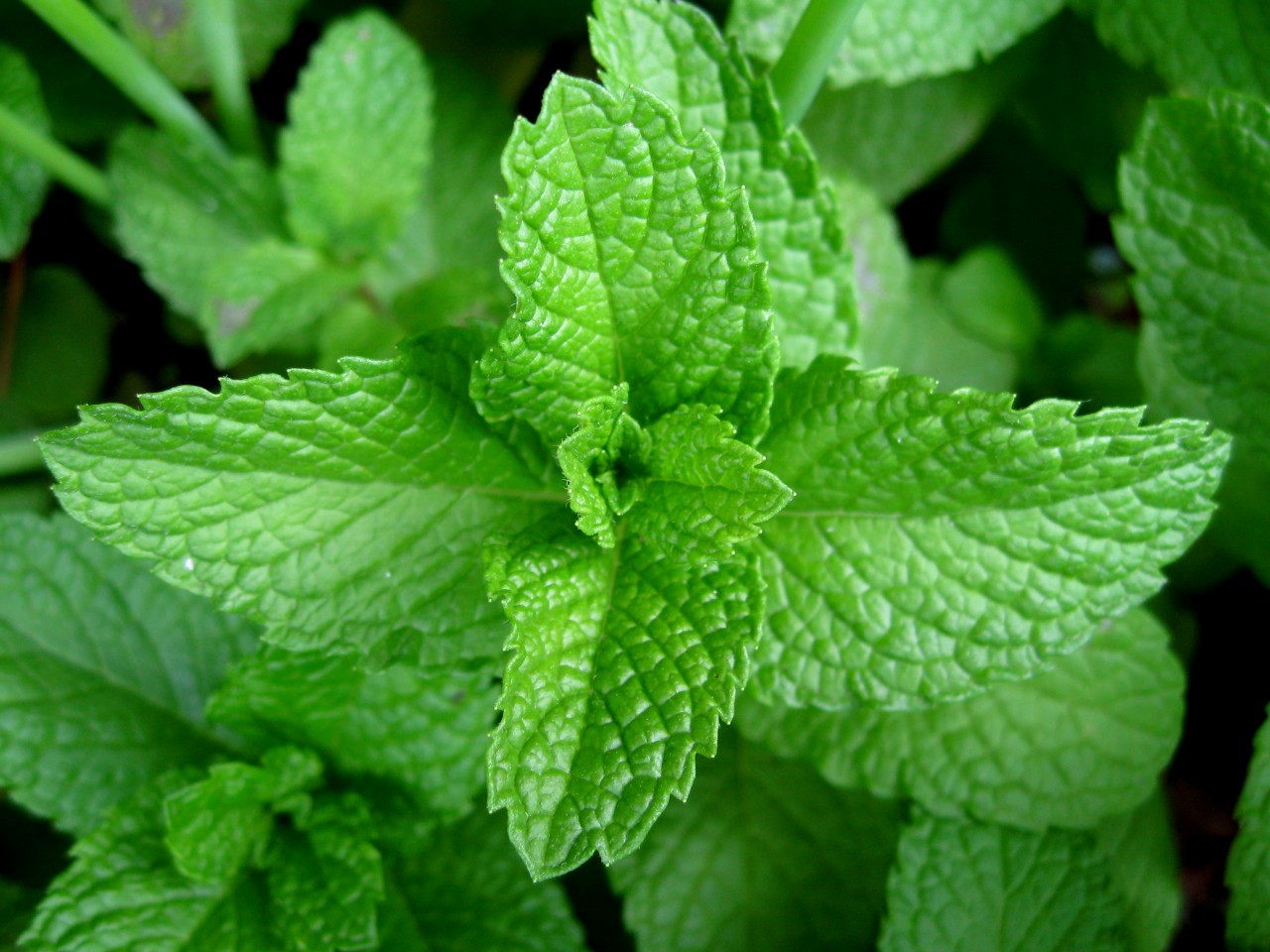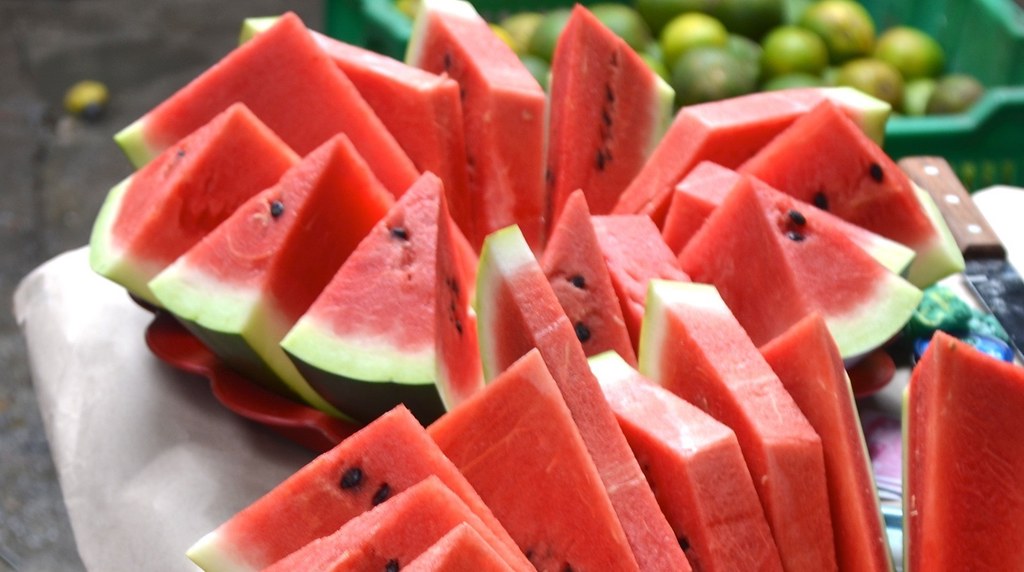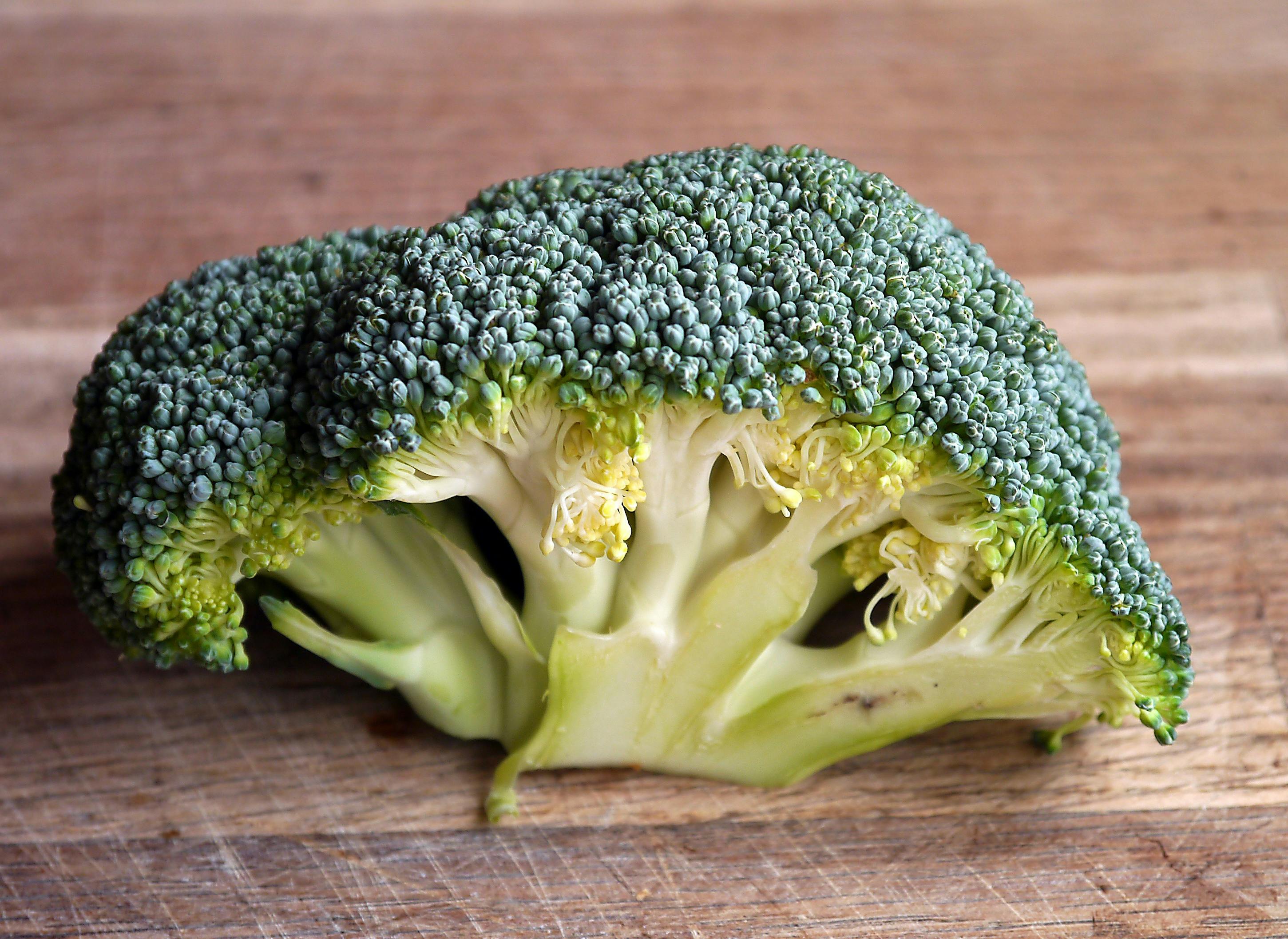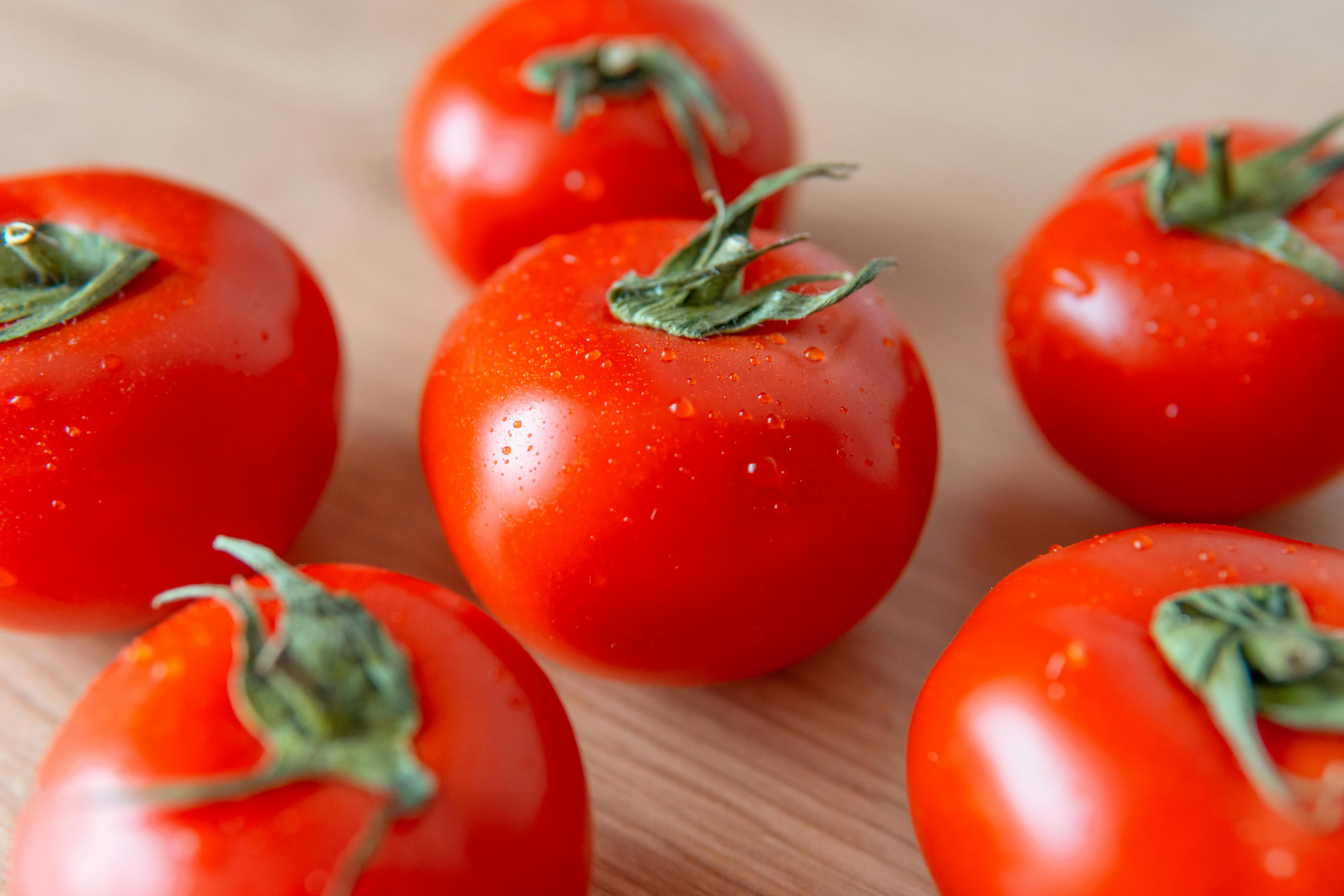1. Almonds
Almonds are a rich source of vitamin E, copper, magnesium, good quality protein, and healthy unsaturated fatty acids. Studies have revealed that almonds can potentially help prevent cardiovascular diseasesTrusted Source, cut the risk of cancer, and help prolong life.2. Apples
Apples are sometimes called “nutritional powerhouses” because of their impressive nutritional profile.Apples contain about 14 percent of our daily needs of Vitamin C (a powerful natural antioxidant), B-complex vitamins, dietary fiber, phytonutrients (which help protect the body from the detrimental effects of free radicals), and minerals such as calcium and potassium.3. Beetroot

Beetroot, also known simply as the beet, has been gaining in popularity as a new super food due to recent studies claiming that beets and beetroot juice can improve athletic performance, lower blood pressure and increase blood flow. Beetroot is a rich source of folate and manganese, and also contains thiamine, riboflavin, vitamin B-6, pantothenic acid, choline, betaine, magnesium, phosphorus, potassium, zinc, copper, and selenium.
4. Broccoli
Broccoli contains high levels of fiber (both soluble and insoluble) and is a rich source of vitamin C. In addition, broccoli is rich in vitamin A, iron, vitamin K, B-complex vitamins, zinc, phosphorus, and phytonutrients. Studies have found that broccoli can potentially help prevent osteoarthritisTrusted Source, protect skin against the effects of UV light, reverse diabetes heart damage, and reduce bladder cancer risk5. Chickpeas

Originally cultivated in the Mediterranean and the Middle East, chickpeas, also known as garbanzo beans, have spread their culinary influence throughout the world. The potential health benefits of chickpeas include improved glucose levels, lipids, and insulin levels for diabetes, maintaining bone strength and heart health.
6. Chocolate
Chocolate is rich in antioxidants. Despite its bad reputation for causing weight gain, there are a number of health benefits associated with its consumption (particularly dark chocolate). The potential benefits of eating chocolate include: lowering cholesterol levels, preventing cognitive decline, and reducing the risk of cardiovascular problems.7. Collard greens
Collard greens are part of the cruciferous vegetable family, which also includes kale, broccoli, Brussels sprouts, cabbage, rutabaga, and turnips. Collard greens are an extremely rich source of vitamin K and also contain folate, thiamin, niacin, pantothenic acid, choline, phosphorus, and potassium. Health benefits of collard greens may include assisting with bone health, reducing cancer risk, helping lower glucose levels in those with diabetes, and improving sleep and mood.8. Eggplant

The eggplant, also known as aubergine, garden egg, guinea squash, melongene, and brinjal, is usually distinguishable by its signature egg-like shape and vibrant purple color. The potential health benefits of eggplant include supporting heart health, maintaining weight and blood cholesterol levels, and anti-cancer effects.
9. Flaxseed
Flaxseed is not only “an excellent source of two fatty acids that are essential for human health – linoleic acid and alpha-linolenic acid,” but also “an excellent source of fiber and a good source of minerals and vitamins,” according to the American Nutrition Association. The potential health benefits associated with flaxseed include: lowering cholesterol, protecting against cancer, preventing hot flashes, and improving blood sugar levels.
10. Ginger

Ginger contains a chemical that is used as an ingredient in antacid, laxative, and anti-gas medications. Studies have found that ginger can potentially prevent inflammation of the colon, reduce exercise-induced muscle pain, help alleviate nausea caused by chemotherapy, and reduce the severity of period pains.
11. Green Tea
Green tea may well be one of the world’s healthiest drinks and contains the highest amount of antioxidants of any tea. Studies have found that drinking green tea is associated with a reduced risk of strokeTrusted Source, and may help fight prostate cancer.
12. Honey
Honey possesses antiseptic and antibacterial properties. Studies have found that honey can potentially help prevent GERDTrusted Source (gastroesophageal reflux), shorten the duration of bacterial diarrheaTrusted Source, help heal burnsTrusted Source, minimize seasonal allergies, and fight off infections.13. Kiwifruit

Kiwis are a nutrient dense food, meaning they are high in nutrients and low in calories. The kiwifruit is higher in vitamin C per ounce than most other fruits. The potential health benefits of eating kiwis include: maintaining healthy skin tone and texture, reducing blood pressure, and preventing heart disease and stroke.
14. Milk

Dairy products, like milk, are a great dietary source of calcium. Calcium has many functions in the body, but its primary job is the development and maintenance of healthy bones and teeth. Calcium is also important for blood-clotting and wound-healing, maintaining normal blood pressure, and muscle contractions, including heartbeat. Milk also provides magnesium, phosphorus, vitamin A, riboflavin, vitamins B-6 and B-12.
15. Oats

Oats contain high levels of a type of fiber known as beta-glucan. Beta-glucan is known to help lower levels of bad cholesterol. The potential health benefits of oats include: reducing the risk of coronary artery disease, lowering the risk of colorectal cancer, and lowering blood pressure.
16. Oranges

An orange has over 170 different phytochemicals and more than 60
flavonoids, many of which have been shown to have anti-inflammatory
properties and strong antioxidant effects. Oranges also contain
thiamin, riboflavin, niacin, vitamin B-6, folate, pantothenic acid,
phosphorus, magnesium, manganese, selenium, and copper. Because of their
high vitamin C content (over twice the daily need), oranges are
associated with boosting the immune system.
17. Peppermint

Peppermint is used as a traditional or folk remedy for several conditions and illnesses because of its calming effects. The potential health benefits of peppermint include: treating the symptoms of irritable bowel syndrome (IBS), calming skin irritation and itchiness, and preventing the onset of headaches and associated symptomsTrusted Source.
18. Strawberries

Strawberries are one of the most popular, refreshing, and healthy treats on the planet; they contain many vitamins and antioxidants that can be beneficial for your health. The potential health benefits of strawberries include: reducing the risk of heart disease, stroke, cancer, blood pressure, constipation, allergies, diabetes, and depression.
19. Tomatoes
Tomatoes are a rich source of vitamins A and C and folic acid. Tomatoes contain a wide array of beneficial nutrients and antioxidants, including alpha-lipoic acid, lycopene, choline, folic acid, beta-carotene, and lutein. The benefits of consuming fruits and vegetables of all kinds, including tomatoes, are infinite. As plant food consumption goes up, the risk of heart disease, diabetes, and cancer goes down.20. Watermelon

Watermelon contains thiamin, riboflavin, niacin, vitamin B-6, folate, pantothenic acid, magnesium, phosphorus, potassium, zinc, copper, manganese, selenium, choline, lycopene, and betaine. Watermelon is a good source of lycopene. The possible health benefits of watermelon include asthma prevention, reduction of high blood pressure, regulation of digestion, inflammation reduction, and promotes healthy hair and skin. Watermelon is also one of the best sources lycopene.





